22nd Orphan Drugs and Rare Diseases Global Congress 2024 Americas
Addressing Scientific and Regulatory Challenges to Advance New Treatments for Rare Diseases
Boston, MA, USA
- Day 2
Conference Agenda
Day 2: Friday - 28th June 2024
ACCESS & COLLABORATION
- The foundational value of building collaboration through trust, respect, transparency, and empathy
- Not all advocacy organizations are alike: assessing the landscape
- Real-world examples of innovative digital solutions driving collaboration among multiple stakeholders
- Value of partnering with advocacy organizations to create innovative patient-driven solutions
Moderator:
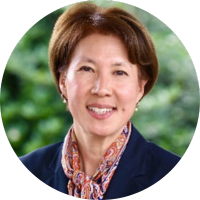 Julie Yu, Chief Program Officer, Amicus Therapeutics
Julie Yu, Chief Program Officer, Amicus Therapeutics
Panellist: Kristin Smedley, President, Curing Retinal Blindness Foundation
Kristin Smedley, President, Curing Retinal Blindness Foundation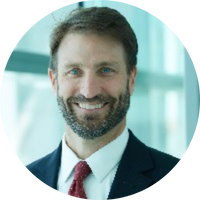 Alan J. Balch, Chief Executive Officer, Patient Advocate Foundation
Alan J. Balch, Chief Executive Officer, Patient Advocate Foundation
- Shifting Perspectives: Explore the transformative power of looking through a different lens and redefining how we perceive disability. Discover how this shift not only opens new doors for individuals with blindness but also redefines the landscape of innovation and inclusion within industry.
- Incorporating Diversity in Clinical Trials: Uncover the untapped potential of incorporating people with blindness and disabilities within clinical trial design teams. Learn how their unique insights and experiences bring invaluable depth to the development process, enriching study outcomes and fostering a more comprehensive understanding of patient needs.
- Empowering Trials Through Inclusion: Delve into the multifaceted benefits of enrolling patients that are blind in clinical trials. Explore how their participation enhances trial authenticity, strengthens patient engagement, and ultimately paves the way for groundbreaking treatments that cater to the diverse needs of the rare disease community and beyond
 Kristin Smedley, President, Curing Retinal Blindness Foundation
Kristin Smedley, President, Curing Retinal Blindness Foundation
- Building community networks to reach underserved and underrepresented communities
- The importance of trust building in improving diagnosis and clinical trial participation
- The power of meeting patients where there are
 Tricha Shivas, Chief Strategy Officer, Foundation for Sarcoidosis Research
Tricha Shivas, Chief Strategy Officer, Foundation for Sarcoidosis Research
- We are focused on putting rare disease patients at the center of everything we do and are committed to letting the patient voice shape who we are
- We have the opportunity to remain close to the patients, caregivers and their providers, always learning from them and responding to their needs.
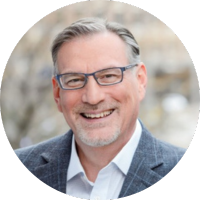 Stuart Siedman, Global Head Patient Advocacy, Rare Diseases, Chiesi
Stuart Siedman, Global Head Patient Advocacy, Rare Diseases, Chiesi
- Creating patient-clinician relationships that create a sense of ease and trust
- Addressing issues on practical challenges
- Multi-disciplinary approach and patient centered support to improve accessibility and further advances which will impact the next generation aiding patients of the future
- Obtaining an accurate diagnosis in rare disease remains a formidable challenge
- Learn how PTC partnered with ThinkGenetic AI to find at-risk patients in medical records
- Hear about opportunities and challenges to expand the technology to other rare conditions
- Patients with a rare condition could be hiding in plain sight, based on their symptoms.
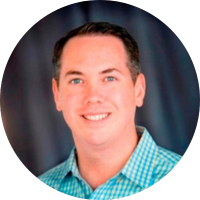 Ryan Miller, Director, Clinical Science and Diagnostics, PTC Therapeutics
Ryan Miller, Director, Clinical Science and Diagnostics, PTC Therapeutics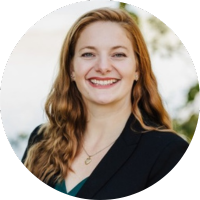 Ruth O’Keefe, Chief Executive Officer, ThinkGenetic, Inc.
Ruth O’Keefe, Chief Executive Officer, ThinkGenetic, Inc.
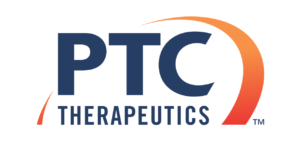

Jodi M. Wolff, Vice President, Patient Advocacy & Engagement, Rejuvenate Bio
- Opportunities and challenges for Rare Disease policy shaping in Emerging Markets
- Medical affairs leadership in elevating the voice of patients to improve access outcomes
- Significance of early stakeholder conversations & identification of evidence needs – embracing patient reported outcome measures
- Building access specific competencies in emerging Market Medical Affairs
- Pivotal role of Early Access Programs
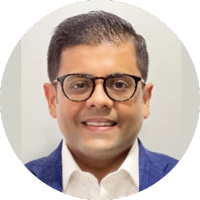 Siddharth Jain, Medical Director –LSDs & HAE, Global Medical Affairs, Takeda
Siddharth Jain, Medical Director –LSDs & HAE, Global Medical Affairs, Takeda
- Discuss rare disease organization strategy and resource management
- Discuss multi-tiered approach to discovery
- Discuss how to manage through pitfalls and setbacks
Samuel L. Seward, Jr. MD, Professor and Chair, Department of Medicine, Mount Sinai
- Mental Health is part of total Health
- The incidence of mental health disorders is significantly higher in individuals with a rare disease, compared to the general population.
- Remove the stigma concerning Mental Health and asking for help through constant conversation.
- Coping and Awareness of Mental Health in the Rare Disease Community
- Rare Disease organizations and Pharmaceutical companies should make Mental Health a priority
- Who and where to ask for help for Mental Health?
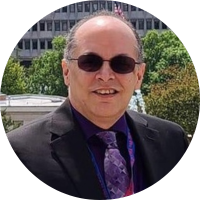 Frank Rivera, Co-Founder/President, Stronger Than Sarcoidosis
Frank Rivera, Co-Founder/President, Stronger Than Sarcoidosis
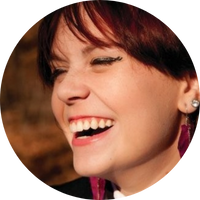 Emily Parks, Founder, POP!
Emily Parks, Founder, POP!
Jeremy Griffin, Executive Director, New York City Hemophilia Chapter
- In rare disease, patients look ‘upstream’ with hope for development of new treatments and access to trials and ’downstream’
for better, faster diagnoses and access to treatments. No other disease category faces the same sorts of challenges all along the
continuum. Recent market conditions have halted development of a number of promising potential therapies, and new policies,
coverage decisions, financial pressures and other factors have generated additional gaps, delays and difficulties in access to
newly approved medicines. We’ll explore new approaches that are emerging from discovery to treatment in response to these
challenges.
 Craig Martin, President, Chief Engagement Officer, Rithm Health
Craig Martin, President, Chief Engagement Officer, Rithm Health
- Rare disease programs have historically leveraged creative methods to deal with difficulties inherent in orphan disorders
- The industry is evolving to address new roles in sustainability, pricing legislation, and multi-stakeholder management in addition to the patient
- Partnerships can make rare disease programs more successful in meeting and surpassing new industry standards
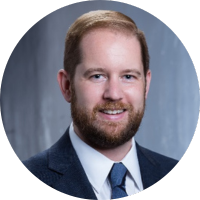 Andrew Leger, Head of US Business Development, ferrer
Andrew Leger, Head of US Business Development, ferrer- Breaking down barriers for access
- Strengthening health systems around the world and accelerating pathways to diagnosis
- Stakeholders to address the rare diseases’ ecosystem gaps to collaboratively build a sustainable roadmap for better health and a brighter future for the patients suffering from rare diseases.
- Challenges and opportunities in creating sustainable healthcare for all.
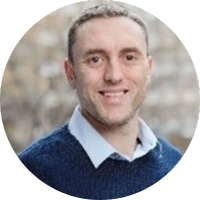 Giacomo Chiesi, Head of Global Rare Diseases, Chiesi
Giacomo Chiesi, Head of Global Rare Diseases, Chiesi
— END OF CONFERENCE —
